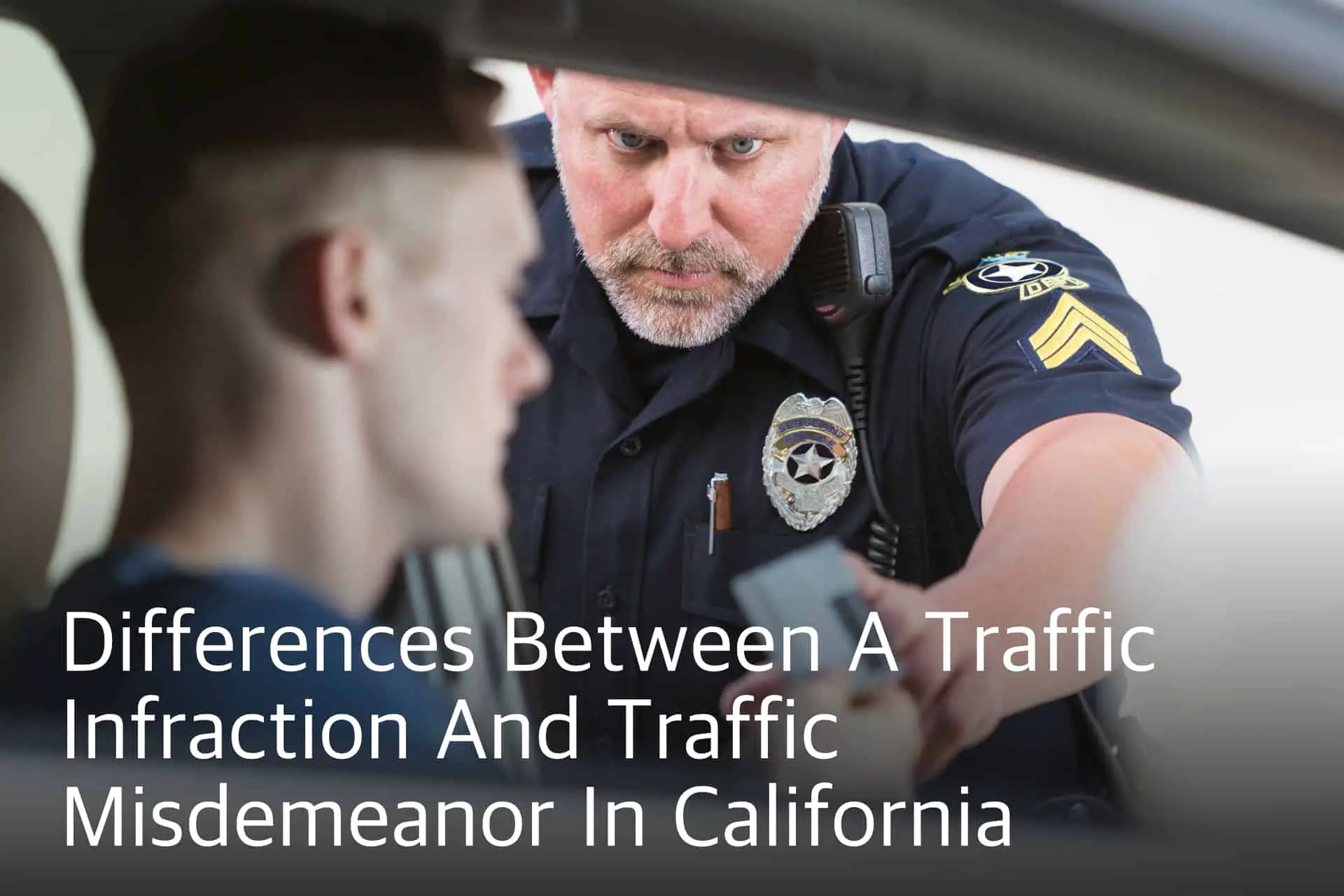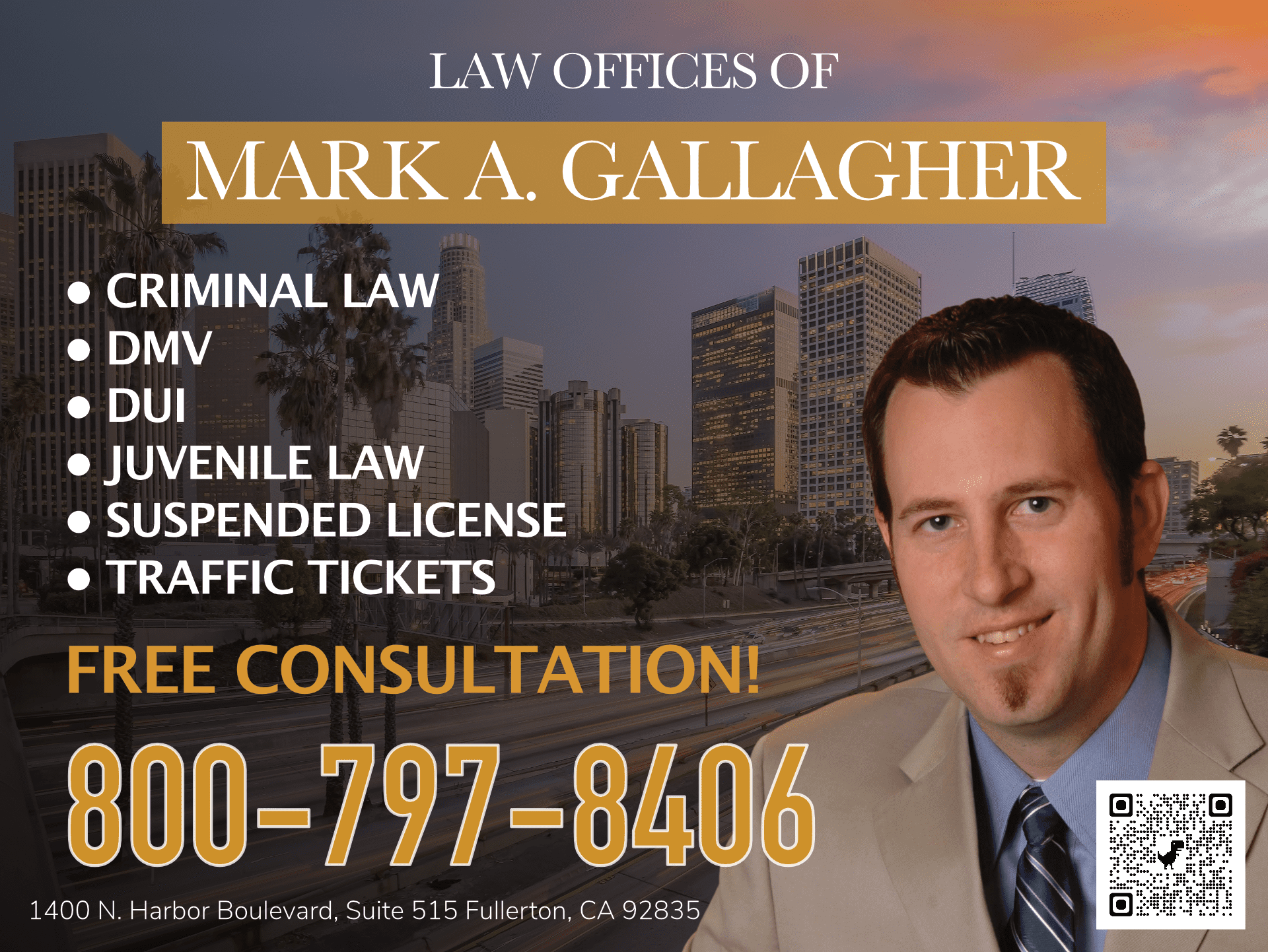The DUI Stop and the Standard of Police Conduct
You may have heard the term “probable cause” mentioned in conjunction with a DUI stop, as in, “The police can’t pull you over without probable cause.” Although even attorneys who don’t emphasize DUI defense in their practice have been known to make similar statements, probable cause is not the correct legal standard for evaluating police conduct when a motor vehicle is stopped on the roadways as part of a DUI detention.
Fourth Amendment Protections
Our Constitutional rights that guarantee we are to be free of unreasonable search and seizure essentially means that a driver cannot be pulled over for no reason or merely on a hunch of a law enforcement officer. The US Supreme Court case Terry v. Ohio established the standard for permissible police conduct when detaining a driver: reasonable suspicion, which is a lower legal standard than probable cause.
Reasonable Suspicion
Under Terry, the officer must be able to provide specific articulable facts that a crime was being committed or is imminent. Although in reality the officer may be looking at the driver as a DUI suspect, the articulable suspicion that may make the stop legally permissible will more typically be related to an independent vehicle code violation. For instance, if a driver is speeding or the vehicle has a non-operational tail light, either of those can be sufficient for a vehicle under a reasonable suspicion standard. Once the stop has been initiated, however, a DUI investigation may follow.
DUI Investigation
Based on what the officer discovered after the stop, he or she may initiate a DUI investigation that consists of such things as:
- Questioning the driver
- Field sobriety tests
- Breathalyzer tests
To proceed from the stop to a DUI investigation, the officer is again required to have reasonable suspicion that the driver is under the influence of alcohol. This may come in the form of slurred speech, a detectable odor of alcohol, bloodshot eyes, an open container or the driver’s own admission that he or she had consumed alcoholic beverages prior to driving.
DUI Arrest
An experienced DUI attorney understands that police are often gathering their evidence during a DUI investigation. Although detained drivers may believe they can “talk their way” out of a DUI, a far more likely scenario is that the questions and tests are providing law enforcement with the probable cause, not reasonable suspicion, that is legally required to arrest a suspect for DUI.
Police Misconduct
If the investigating and arresting officers fail to adhere to the proper standard of conduct are any stage of the proceeding, some or all of the evidence may be subject to exclusion, which may potentially lead to a reduction of the charges or a dismissal.




